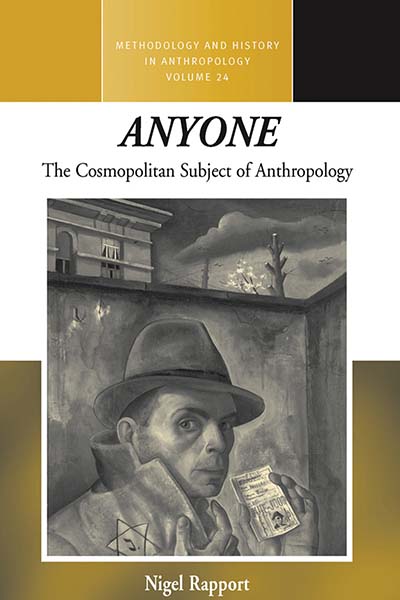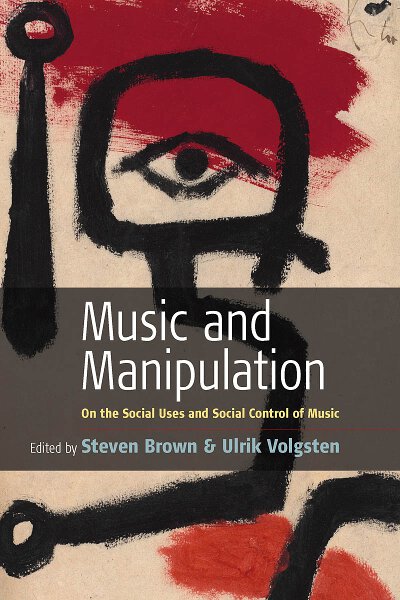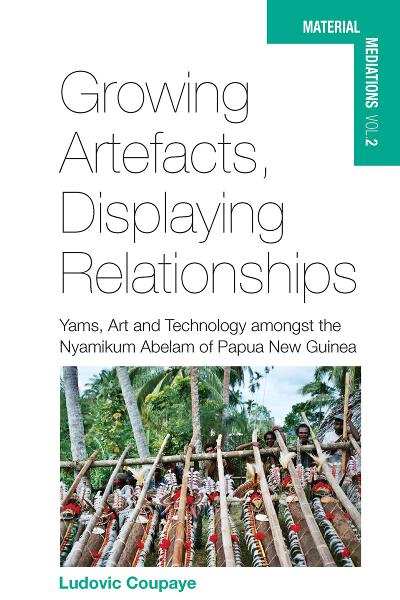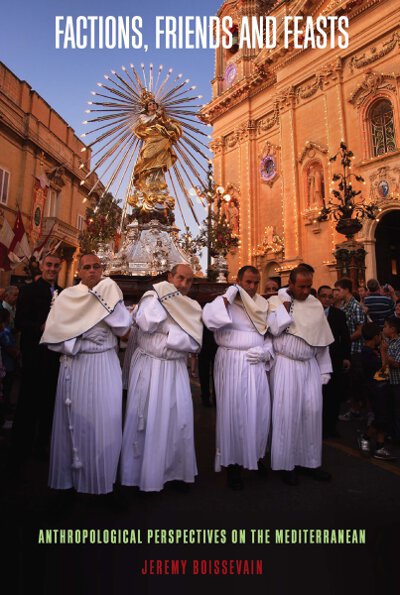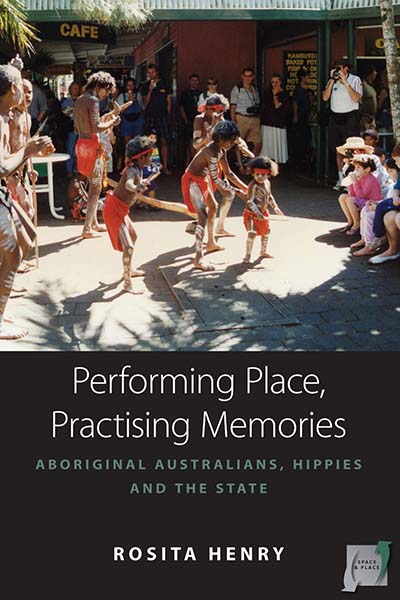
Series
Volume 8
Space and Place
Email Newsletters
Sign up for our email newsletters to get customized updates on new Berghahn publications.
Performing Place, Practising Memories
Aboriginal Australians, Hippies and the State
Rosita Henry
288 pages, 17 illus., 3 maps, bibliog., index
ISBN 978-0-85745-508-6 $135.00/£104.00 / Hb / Published (September 2012)
ISBN 978-1-78238-683-4 $34.95/£27.95 / Pb / Published (November 2014)
eISBN 978-0-85745-509-3 eBook
Reviews
“The descriptive and intellectual depth of this book, shaped by Henry’s empathetic but critically aware insight, makes this a highly readable and valuable book for a diversity of readers.” · Pacific Affairs
“This powerful and nuanced account of the interaction between the local Aboriginal population, the 1970s hippies who sought an alternative lifestyle and the local state apparatus in the North Queensland town of Kuranda is amongst the best of contemporary ethnographies of a rural Australian town… Henry’s ethnography and analysis is a benchmark work and should attract considerable attention, not only on the Australian stage, but also on the world stage.” · The Asia Pacific Journal of Anthropology
“Rosita Henry skillfully dissects the relations among indigenes, “locals,” incomers, and the various government Jurisdictions… [She] maintains a balanced view and succeeds in illuminating the very real difference generating conflicts that exist within an overall ‘village’ identity as a homogeneous community.” · American Ethnologist
“Henry provides a clearly written ethnographic account of performance as both staged event (theatrical responses to these ‘social dramas’ recur throughout the book) and performance as everyday life…[She] makes a powerful contribution to the anthropology of counterculture through detailed ethnographic engagement situated in concentric circles of connectedness to local indigenous people, national Australian government and counterculture as global phenomenon.” · Qualitative Research
“…a rich ethnography that tracks the social, cultural and spatial becoming of a place. Clearly inspired by the powerful emergence of place studies and consciousness around the constructed nature of place and place meaning… Henry does her discipline’s primary method of ethnography proud and offers a riveting account of life in place through the lens of multiple stakeholders, place contestants and vested interests… A stratigraphic peeling away of these layers, from their origins in Indigenous ancestral making to the contemporary construction of meaning and value in architectural efforts and forced social arrangements, reveals much about Australia’s past and present and the politics of reconciliation and intercultural dialogue.” · European Journal of Communication
“This is a detailed, closely argued ethnography, which points at a potential way forward. The notion that identities are co-constituted and should not be treated as pre-existing or monolithic is, in itself, not new. But Henry’s event-centred analysis of their reproduction in a single Australian town is interesting, as is her work on the various kinds of white people that belong in Kuranda, and whose identities are formed as much in relation to each other, as they are against racialised difference.” · Oceania
“This book makes an original contribution to contemporary ethnography in a number of ways. It is a detailed documentation of the historical emergence and transformation of the alternative lifestyle movement and so it will be of interest not only to anthropologists working on western society but also to other social scientists interested in contemporary popular culture.” · Andrew Lattas, University of Bergen
Description
During the 1970s a wave of ‘counter-culture’ people moved into rural communities in many parts of Australia. This study focuses in particular on the town of Kuranda in North Queensland and the relationship between the settlers and the local Aboriginal population, concentrating on a number of linked social dramas that portrayed the use of both public and private space. Through their public performances and in their everyday spatial encounters, these people resisted the bureaucratic state but, in the process, they also contributed to the cultivation and propagation of state effects.
Rosita Henry is an Associate Professor of Anthropology and a Fellow of the Cairns Institute, James Cook University, Australia. She is coeditor of The Challenge of Indigenous Peoples: Spectacle or Politics? (2011) and author of numerous articles on the political anthropology of place and performance.

